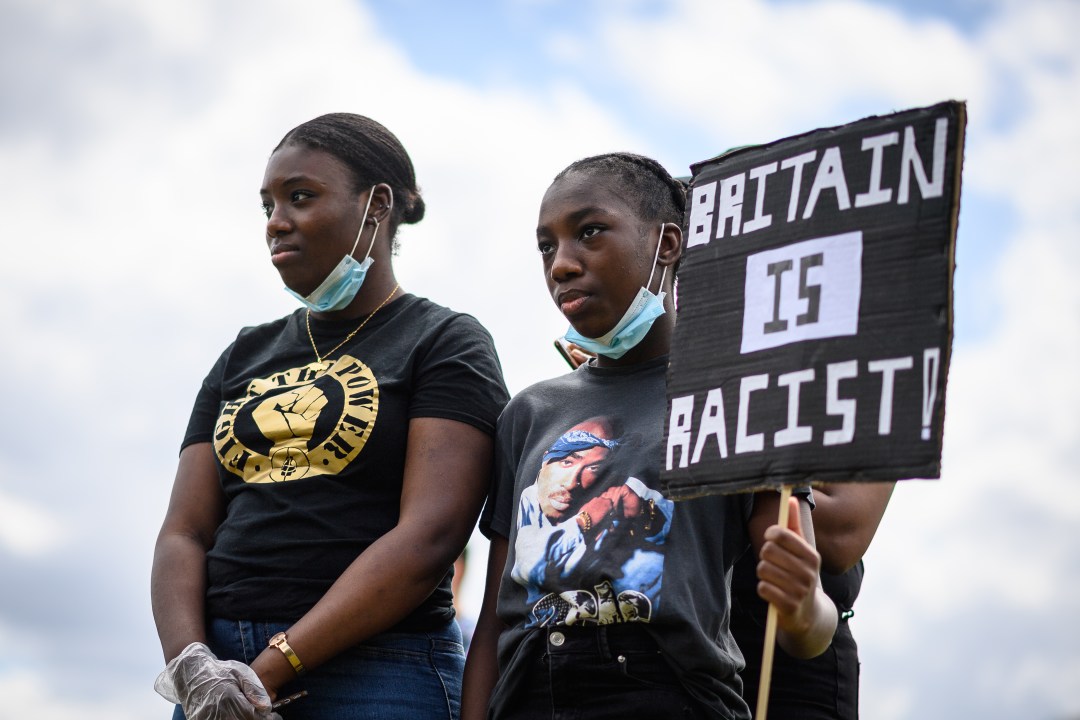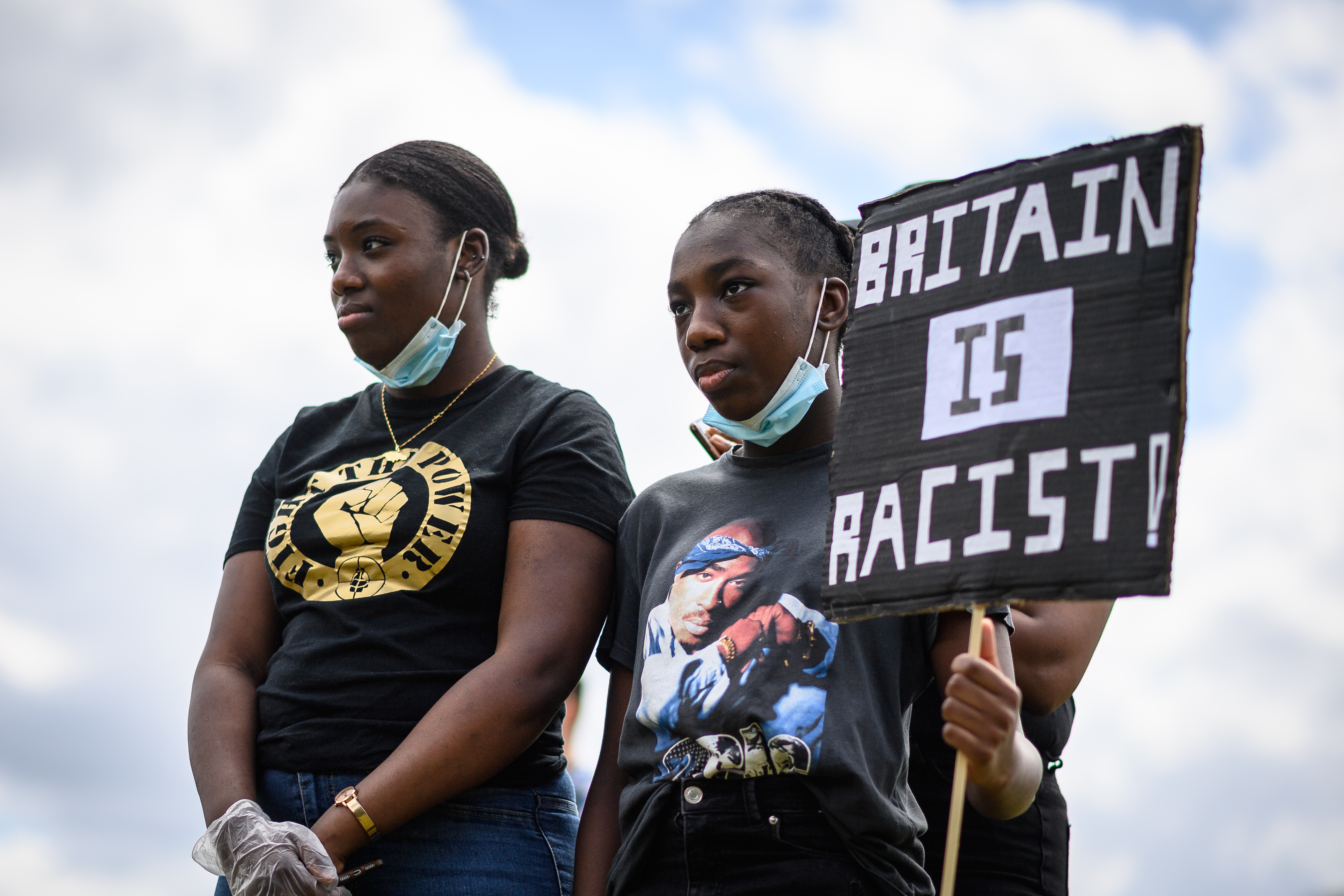The Sewell Report on race and ethnic disparities is courageous, thoughtful and measured. Its relative optimism has triggered a torrent of bile from those personally or professionally wedded to the idea that Britain is a systemically racist society. They accuse the report of disregarding what is fashionably called ‘lived experience’ — in other words, anecdotal evidence and subjective impression. Its use of carefully considered objective data, the critics allege, devalues the lived experience of ethnic minorities.
Lived experience has validity, but — by definition — only for those who have lived it. It proves nothing beyond itself, and certainly nothing systemic. If we wish to be rational creatures, we check our own lived experience against the experiences of others. Otherwise, we regress to a solipsistic universe where only our own impressions exist: the condition of babyhood.
It is countries with no imperial history that appear to find it hardest to accept black people
If the ‘lived experience’ of many people can be assembled and analysed, it ceases to be merely anecdotal and becomes evidence. Not necessarily evidence of fact, but evidence that certain perceptions may be widely shared — and if widely shared enough, that they are probably a reflection of real phenomena. The European Union’s Agency for Fundamental Human Rights did precisely this in a huge survey in 2014, and in its subsequent report, Being Black in the EU, published in 2018. As Britain had been an EU member, it was part of the study, which covered people of first and second generation African, Caribbean, and Asian origin. The report has one obvious major advantage over the Sewell Report: it provides ample basis for comparison.
The study draws on the lived experience of over 25,000 people across the EU, with most of its data based on their reported ‘perceptions’. These perceptions cover racial discrimination in a range of areas, including everyday social contact, seeking work, experience at work, relations with the police, and housing.
There is no reason to think that the Agency was in any way biased in Britain’s favour. Yet its report shows that in practically every field, Britain is the country in which racial discrimination is least experienced, usually by a wide margin. Perceptions of being racially harassed are lowest in Britain and Malta. Violence between people of different ethnic groups is lowest in Britain and Portugal. Friction with the police is among the lowest in the UK, but awareness of anti-discrimination laws is highest. The perception of being discriminated against in looking for work is lowest in the UK. The percentage not in work, education or training is also lowest in the UK, and employment correspondingly highest. Pay for men is highest in the UK, and for women second highest. The experience of being discriminated against by landlords is lowest in the UK, and ownership of accommodation highest.
Overall, the experience of being discriminated against in any area of life is lower in the UK than in any of the other European countries, and usually by a large degree: for example, the experience of racial violence is roughly four times higher in Finland, Ireland and Austria than in Britain.
A pattern is clear. Discrimination against ethnic minorities is highest in small homogenous countries — Scandinavia, Ireland, Austria, Luxembourg. The narrative that a racist Britain is the product of colonialism is contradicted by the experience of minorities right across Europe. It is countries with no imperial history that appear to find it hardest to accept black people. The strong plea by the Sewell Commission to teach children ‘the British story, our story’, including the complexities of imperial and Commonwealth history, is well founded and should at last be heeded.
In short, the Sewell Report, far from being a divisive Tory-inspired ‘whitewash’, confirms and amplifies the lived experience of ethnic minorities across Europe. Politicians, activists and academics who reject it so violently deny the validity of that experience — the very ‘gaslighting’ of which they readily accuse others. In so doing, they show us all that they have an interest in exaggerating and perpetuating division. In contrast, the Sewell Commission suggest positive ways towards what they call ‘optimism, fairness and national purpose’. They have done us a great service.








Comments